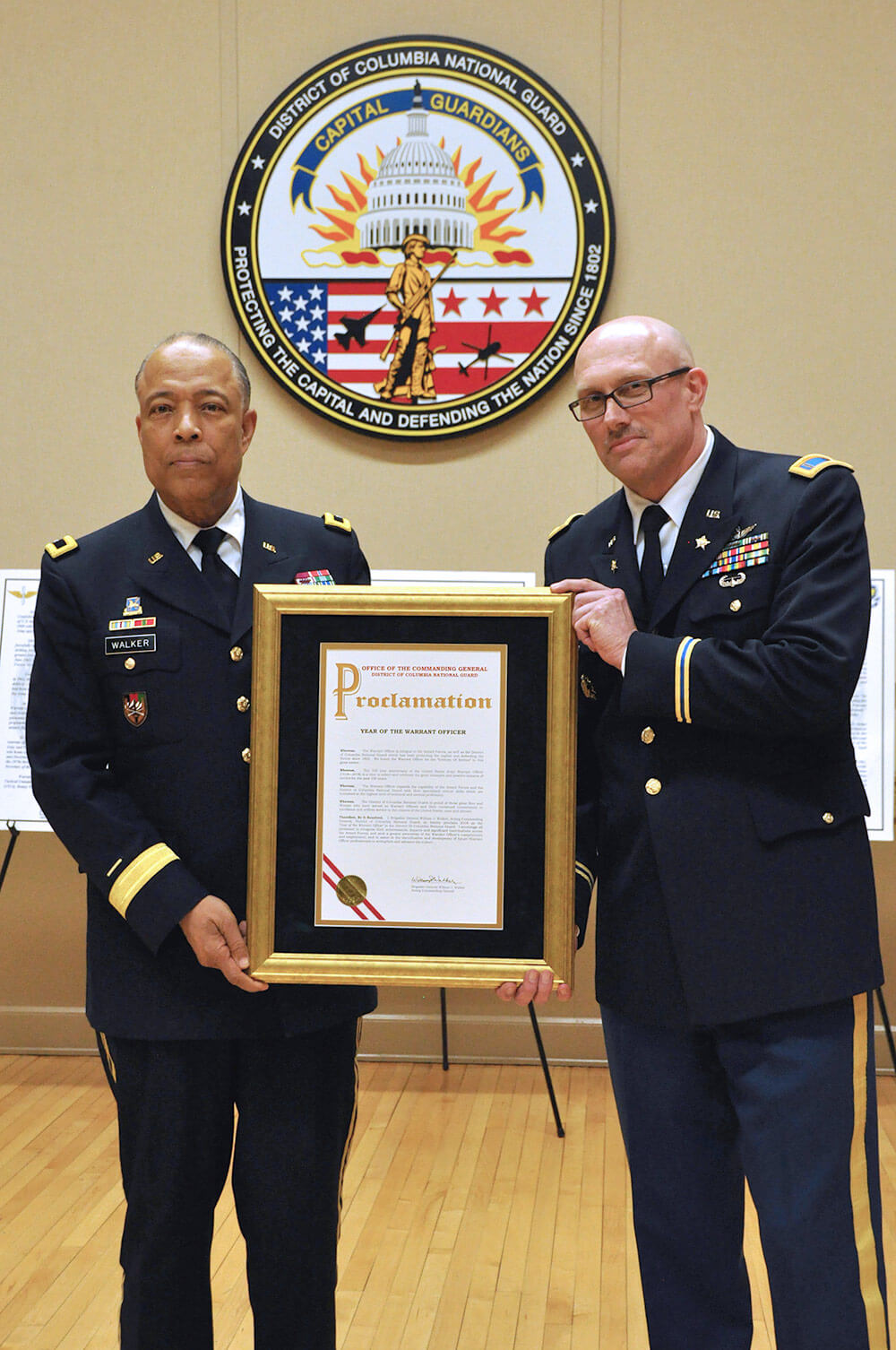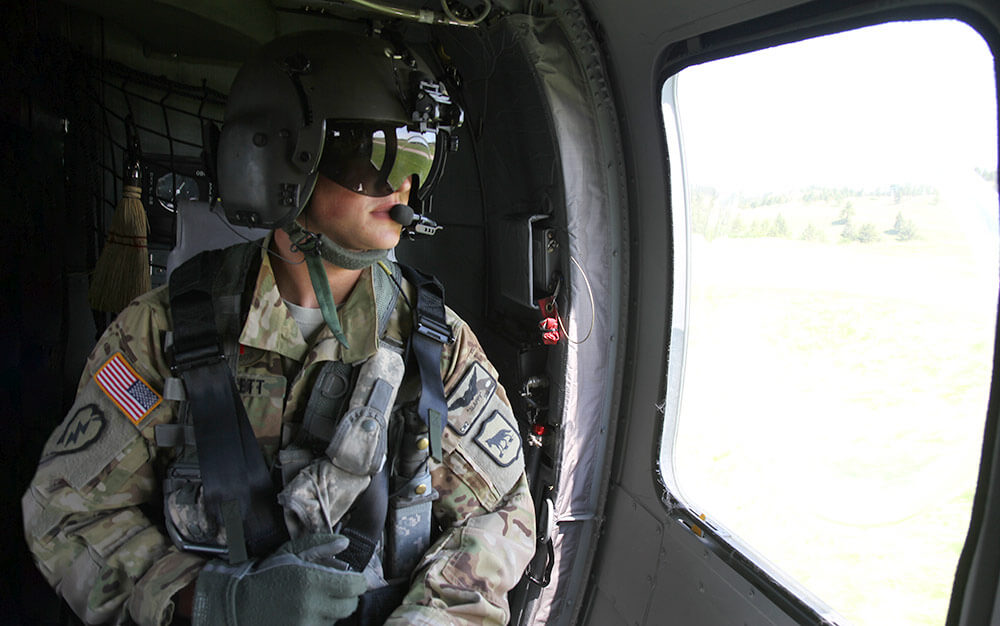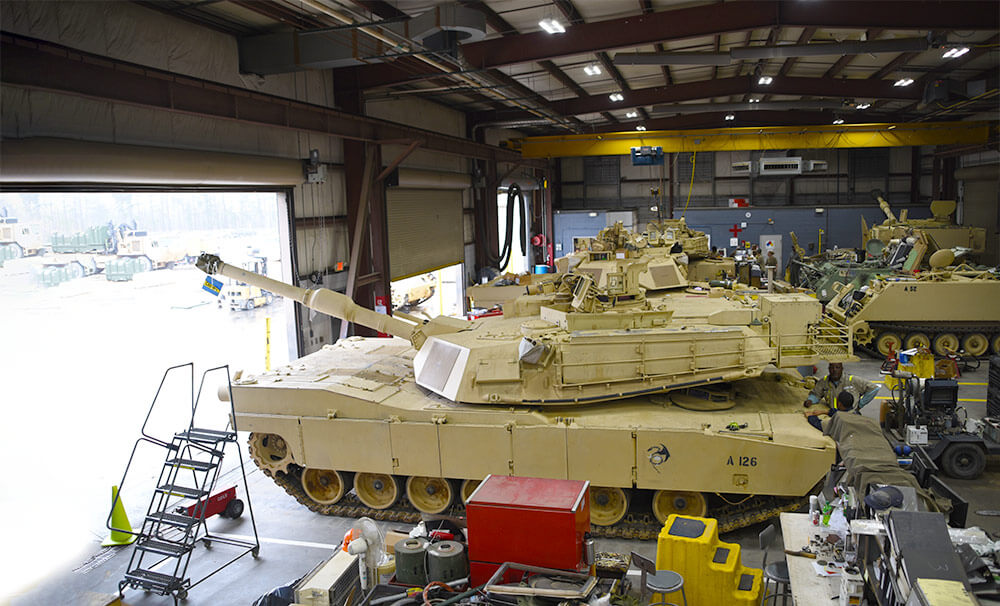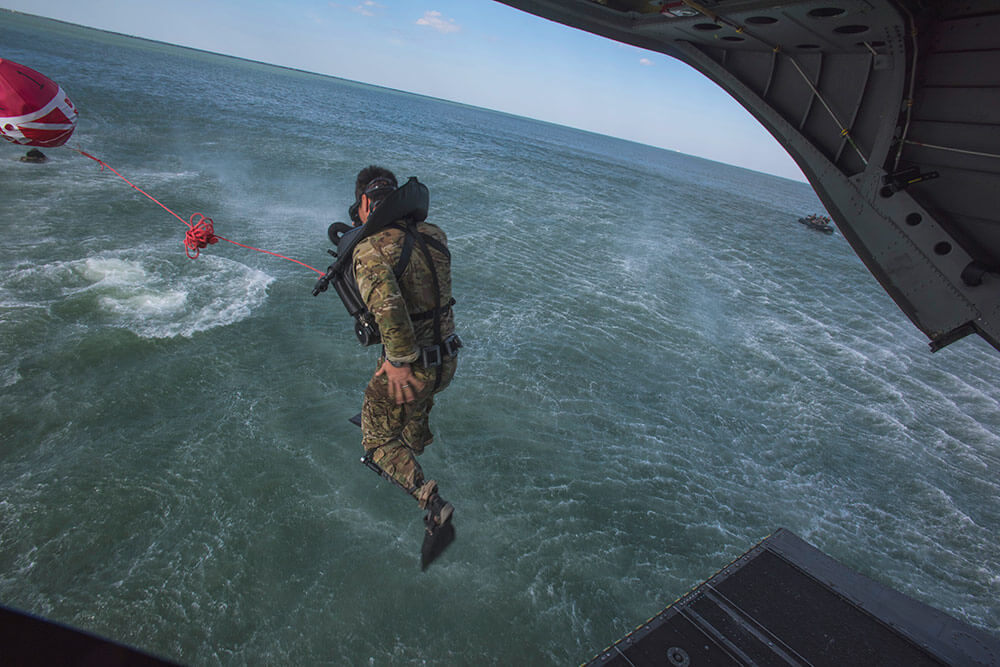It is hard to imagine an Army without warrant officers, the technical and tactical subject matter experts of the Force. Considered the best of the best in their respective fields, modern-day warrant officers are vital to the success of the Army’s overall mission.
2018 marked the 100th anniversary celebration of the U.S. Army Warrant Officer. The initial formation of the Warrant Officer dates back to World War I, when Army leadership noticed a need for technical experts and leaders to support mine planting operations.
Before the warrant officer, civilian mariners under the direction of Army Coast Artillery officers filled this role. With the civilian mariners often seeking other employment ventures, which negatively affected Army operations, the Army requested legislation in 1916 to fulfill the need for military experts in the mine planting vessels.

In 1918, Congress passed an act that officially established the U.S. Army Warrant Officer Corps. The Army then opened the first official warrant officer training institution at Fort Monroe, Virginia, and sanctioned 40 warrant officers to support the mine planting operations.
A century later, warrant officers are highly specialized technical experts in multiple fields, including intelligence, military police and personnel management. The importance of the position and its centennial anniversary were celebrated by Army National Guard units across the country. Units held ceremonies, dedicated monuments and hosted events to recognize the importance of the warrant officer role.
To honor the anniversary, BG William J. Walker, acting commanding general of the District of Columbia National Guard, deemed 2018 as “Year of the Warrant Officer” in the District of Columbia National Guard. The signed proclamation highlighted strengths of the warrant officer and encouraged continued development of the position.
…the warrant officer is integral to the armed forces. I encourage all personnel to recognize their achievements, impacts and significant contributions across the armed forces; and seek a greater awareness of the warrant officer’s competencies and employment; and to assist in the identification and development of future warrant officer professionals to strengthen and advance the cohort.
Warrant officers make up less than 3 percent of the total Army strength, but they hold great responsibility in their role. Tasked with training and advising commanders, senior leaders and Soldiers, organizing missions and advancing within their career specialties, the duties of the warrant officer hold great weight.
Becoming a warrant officer can lead a Soldier down a path to higher pay, greater benefits, increased military authority and increased technical and management skills that may enhance civilian career opportunities.
Soldiers may now apply for 44 different technical warrant officer specialties within 17 branches. Soldiers interested in becoming a warrant officer must be selected for Warrant Officer Candidate School (WOCS). WOCS is designed to assess candidates’ potential for appointment and provide them with foundational leadership skills that will aid in directing others. Once candidates complete WOCS, they are appointed as a Warrant Officer (WO1). Graduates then receive more focused training in their designated specialties.
For more information on how to become a warrant officer, contact your State’s warrant officer strength manager (WOSM). Visit NationalGuard.com/contacts/wosm for a directory of WOSM contact names and numbers listed by State.
By Staff Writer Tatyana White-Jenkins


